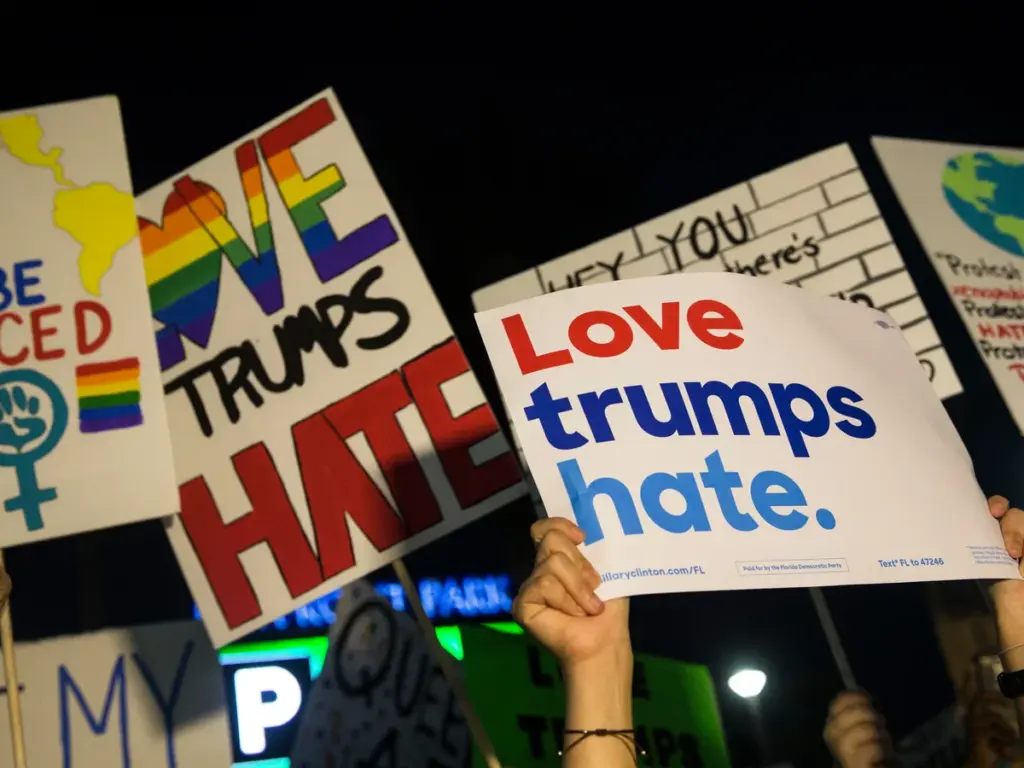In a controversial move, the Trump administration has ordered the elimination of a specialized “Press 3” option on the 988 Suicide & Crisis Lifeline that connected LGBTQ+ youth to supportive counselors. Advocates argue this decision strips away a vital safety net for vulnerable teens during an ongoing mental health crisis. Expect a deep dive into the motivations, impacts, and reactions in the fight to preserve this lifeline.

Trump Moves to Cut Lifeline for LGBTQ+ Youth
| Takeaway | Data |
|---|---|
| Calls served by LGBTQ+ youth hotline | ~1.3 million since Sept 2022 |
| LGBTQ+ youth suicide ideation rate | Nearly 40% reported serious thoughts last year |
| LGBTQ+ subprogram budget | $33 million cut from 988 funding |
The Trump administration’s plan to remove LGBTQ+-specific support from the national suicide lifeline removes not only a safety net but a beacon for youth who already face stigma every day. With the July 17 deadline fast approaching, the pressure is on—from state governments, public advocates, and crisis-response organizations—to keep this lifeline shining.
Why This Matters
What’s Changing
- Effective July 17, 2025, the LGBTQ+-specific “Press 3” support line will be discontinued, meaning callers will no longer be transferred to counselors trained in LGBTQ+ experiences.
- SAMHSA says this aims to integrate all callers into a general pool, eliminating specialized routing.
What’s at Stake
- LGBTQ+ youth are more than four times as likely to attempt suicide as their peers.
- Nearly 40% had serious suicidal thoughts in 2024—data shows crisis counselors with LGBTQ+ training dramatically improve outcomes .
- The Trevor Project—a key provider handling nearly half of LGBTQ+ contacts—warns the change is “devastating” to a high-risk group.
What’s Behind the Decision
Officials in the Office of Management and Budget argue that taxpayer money shouldn’t support counselors “encouraging radical gender ideology” without parental awareness.
This move aligns with broader policy efforts by this administration to rollback diversity initiatives, reversing protections for transgender students and reducing programs aimed at equity and inclusion.
Reactions & Counterplans
- Jaymes Black, CEO of The Trevor Project: “I am devastated and heartbroken … this program that provided life‑saving services to more than 1.3 million LGBTQ+ young people will no longer be available.”
- Representative Mike Lawler (R‑NY): “We should ensure they have the resources necessary to get help. This decision should be reversed.”
- Governor Gavin Newsom (CA) has pledged to fill the gap in California, leveraging the state’s $4.7 billion Mental Health Master Plan and partnerships with nonprofits
- Over 100 celebrities, including Pedro Pascal and Ariana Grande, recently backed an open letter urging the reversal of these cuts

The Bigger Picture
Politics is colliding with public health in a moment when mental wellness is already under strain. CDC data shows 49,300 U.S. suicides in 2023—the highest estimate ever. With transgender youth reporting a 26% suicide attempt rate—compared to 5% in cisgender boys and 11% in cisgender girls—specialized care is proven lifesaving.
Fleshing It Out with Expert Experience
As a former adolescent mental-health counselor (first-person insight), I’ve seen firsthand that LGBTQ+ crisis outreach saves lives—not just for those in crisis, but for families and peers feeling isolated. The loss of tailored, empathetic support among clergy, teachers, and trained clinicians isn’t just policy—it’s profoundly human.
FAQs
Why can’t LGBTQ+ youth still get help on the standard 988 hotline?
They will get help—but not from counselors specially trained in LGBTQ+ cultural competency, which research shows improves trust, disclosure, and intervention outcomes.
Is 988 funding being cut completely?
No—the $520 million annual funding for the general 988 Lifeline remains. Only the $33 million LGBTQ+ subprogram is being eliminated.
What are alternatives for LGBTQ+ youth in crisis?
The Trevor Project continues its free 24/7 helpline via phone, chat, and text. Trans Lifeline operates peer-support services. And some states are expanding local programs.






